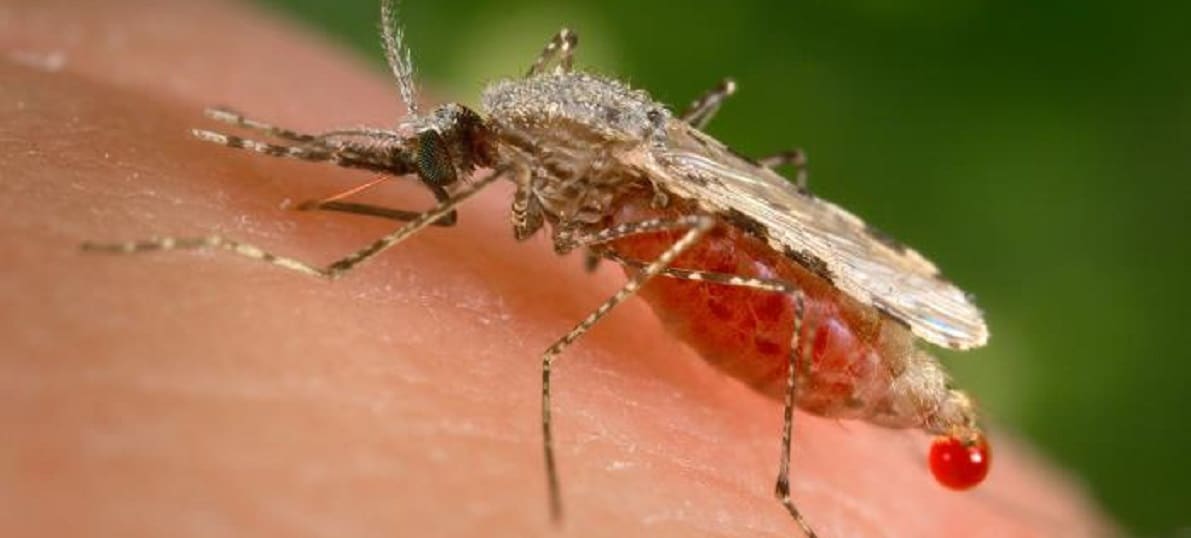Malaria is a serious and potentially life-threatening disease caused by parasites that are transmitted to humans through the bites of infected mosquitoes. The diagnosis and treatment of malaria typically involves a combination of laboratory tests and medications.
The most common diagnostic test for malaria is a blood test, which can detect the presence of the parasite in a person's blood. This test may be done using a microscope to look for the presence of the parasite, or using a rapid diagnostic test (RDT) that can give results in minutes.
Symptoms of malaria include fever, chills, headache, muscle pain, weakness, and fatigue. These symptoms can be similar to those of other illnesses, such as the flu, so it is important to be tested if you have been in an area where malaria is common and you are experiencing these symptoms.
In some cases, a person may have malaria but not have any symptoms. This is called asymptomatic malaria, and it can still be dangerous if left untreated.
If a person is diagnosed with malaria, treatment typically involves taking a course of antimalarial medications. These medications work by killing the parasites that are causing the infection.
The specific type of antimalarial medication that is prescribed will depend on the type of malaria that a person has and the severity of the infection. Some common antimalarial medications include chloroquine, sulfadoxine-pyrimethamine, and artemisinin-based combination therapies (ACTs).
It is important to take all of the medication as prescribed, even if symptoms go away before the medication is finished. This is to ensure that all of the parasites are killed and to prevent the development of drug-resistant strains of malaria.
In severe cases of malaria, hospitalization may be necessary. Treatment may include intravenous fluids, oxygen therapy, and blood transfusions.
Preventing malaria is key, and involves steps such as using mosquito repellents, wearing protective clothing, and sleeping under mosquito netting.
Additionally, using prophylaxis medication before going to a malarious area, and taking preventative measures to reduce the mosquito population, such as eliminating standing water where mosquitoes breed, is also important.

Comments
Post a Comment